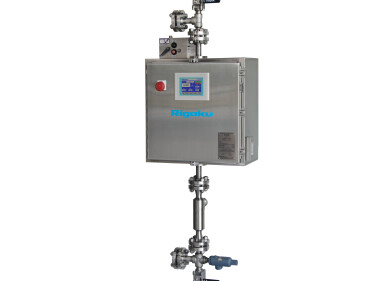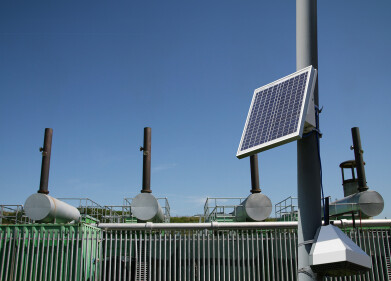Measurement and Testing
Will the US Ban Venezuelan Imports?
Aug 31 2017
Plagued by political instability and government corruption, Venezuela isn’t exactly a model trade partner. In a bid to clean up its act and disassociate itself from the South American nation, the United States has threatened to impose a ban on all crude oil imports from Venezuela.
Of course, sanctions always trigger a knock-on effect. If America does go ahead with its ban prices for heavy sour crude grades could soar, with Valero Energy Corp’s Vice President Gary Simmons warning that Venezuela will simply send its cargoes to markets other than the US.
US oil companies set to bear the burden
As one of America’s main recipients of Venezuela crude oil, Valero would be significantly affected by a national embargo. And it’s not the only company guzzling Venezuelan crude, with Phillips 66, Chevron and PBF Energy also noted as major buyers in 2016.
If the US decides to move forward with its Venezuelan sanctions refiners on the Gulf Coast could pay the price, with some experts warning that immediate sanctions would be “very disruptive.” A strict ban would likely trigger a cascade effect that would leave refiners scrambling to buy up what’s available and cut back their runs.
America starts to cut ties
Already the US Treasury imposed sanctions against 13 Government of Venezuela officials. This includes both the former and current vice presidents of finance for state-owned oil company Petroleos de Venezuela (PDVSA).
So what prompted the US to cut ties? The injunctions were imposed ahead of a planned controversial vote on July 30 that will empower the Venezuelan government with the muscle to rewrite the national constitution and dissolve state institutions.
Trump threatens “strong and swift” action
According to independent energy news platform Platts, a senior US administration official has warned that if Venezuelan President Nicolas Maduro approves the new laws, President Donald Trump will react with “strong and swift” sanctions. This includes a ban on Venezuelan crude oil sales into America, which could seriously disrupt both the American and the Venezuelan oil industry.
“The natural trade flow for a lot of Venezuelan production should be to the US Gulf Coast,” comments Valero’s Gary Simmons. “If sanctions were imposed, those barrels will continue to flow to other markets. And then, we’ll have to buy barrels away from other markets to supply our system.”
Given the volatile state of the oil market, efficiency is now front of mind for US crude producers. For a closer look at the technologies used to help heighten performance ‘How to Prevent Process Analytical System Failures’ outline the FDA guidelines that dictate the design, manufacturing and quality systems that contribute to improved control of production processes.
Digital Edition
PIN 25.5 Oct/Nov 2024
November 2024
Analytical Instrumentation - Picturing Viscosity – How Can a Viscometer or a Rheometer Benefit You? - Sustainable Grease Formulations: Evaluating Key Performance Parameters and Testing Method...
View all digital editions
Events
Dec 03 2024 Dusseldorf, Germany
Dec 08 2024 Anaheim, CA, USA
Turkey & Black Sea Oil and Gas
Dec 11 2024 Istanbul, Turkey
Dec 19 2024 Aurangabad, India
Jan 20 2025 San Diego, CA, USA



















